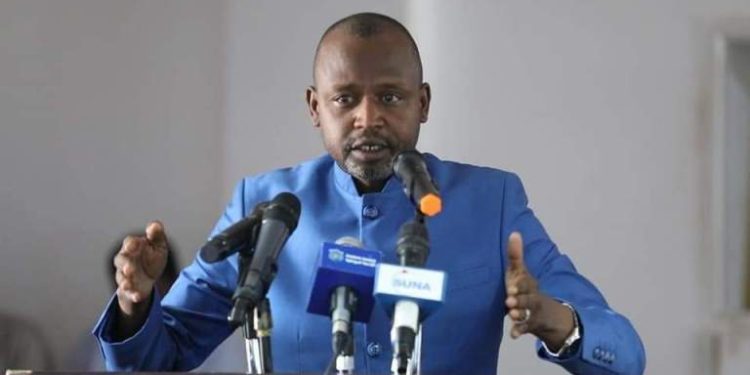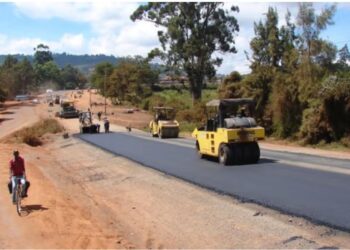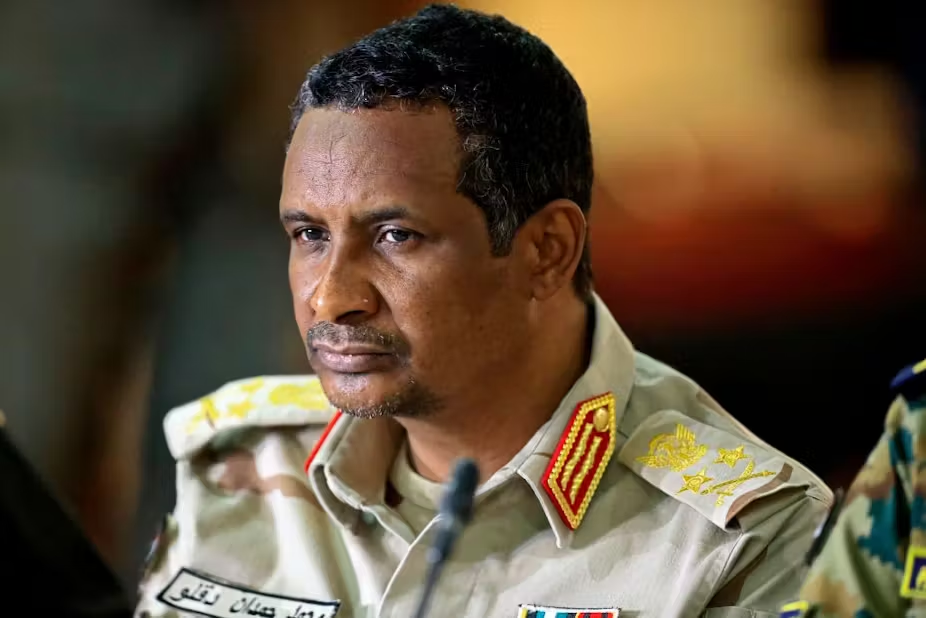By SUDAN TRIBUNE
February 28, 2024 (ELFASHER) – The Sudan Liberation Movement – Transitional Council (SLM-TC) leader, al-Hadi Idris, called for both the government forces and the Rapid Support Forces (RSF) to leave the capital of North Darfur State, El Fasher, and hand control of security and administration to the armed movements signatories of the Juba Peace Agreement.
In statements to Sudan Tribune from El Fasher on Wednesday, Idris explained that the capital of North Darfur state, despite being a haven for displaced people from the other states in Darfur, witnesses occasional clashes between the army and the RSF, which puts civilians and livestock at risk.
He emphasized the need for the army and RSF to withdraw from the city to spare civilians the burden of the conflict, on condition that the armed movements that signed the Juba Agreement assume responsibility for maintaining security and managing the city.
Addressing accusations from the Darfur governor and the head of another faction of the SLM, Idris denied proposing handing over the army division’s headquarters in El Fasher to the RSF.
He highlighted the efforts of the SLM-TC to open humanitarian channels and provide aid to El Fasher residents, demonstrating their concern for civilian safety and their response to calls for stopping the fighting within the city.
Idris criticized the position of Minni Arko Minawi, leader of a different faction of the SLM, who supports the army and rejects his proposal. He reaffirmed the SLM-TC’s presence on the ground in Darfur among the civilians, denying allegations of a lack of popular support for their initiative.
He further criticized the Army Support Committee in El Fasher, labelling them “remnants of the former regime”. He warned that their call to support the army risks reigniting the conflict.
In August 2023, Sudanese governors established committees to support the army. These committees aimed to rally public support, encourage participation in training camps, and gather both material and financial aid for the military. Additionally, they aimed to monitor neighbourhoods for individuals affiliated with rebel groups, reporting their movements and locations to security forces.
Idris argued that the neutrality of the SLM-TC allows them to mediate between the parties to the conflict for the benefit of the Darfur people, especially considering the RSF’s control over most of the region’s states.
He downplayed the participation of some signatory movements in the conflict alongside the army, claiming it was more for political show than actual participation in the combats.
Idris and al-Tahir Hajer, head of the Gathering of Sudan Liberation Forces (GSLF), reiterated their neutrality and commitment to not taking sides. Both had been dismissed from the Sovereign Council after their refusal to back the army in the war against the RSF.
He added that some recently formed movements lack a ground presence and criticise civilian opposition forces or other neutral movements to gain favour with the army.
The SLM-TC leader downplayed a recent meeting between the Head of the Sovereign Council and Army Commander-in-Chief Abdel Fattah al-Burhan and Salah Rasas, a leader of a breakaway SLM-TC faction. He noted that Rasas recently joined the movement and participated in the dialogue process initiated by the deposed President Omer al-Bashir, raising doubts about his true allegiance.
On February 25, al-Burhan met with a delegation from a dissident faction within the SLM-TC led by Rasas. After the meeting, Rasas declared their support for the armed forces and expressed their eagerness to participate in the “Battle of Dignity.”
(ST)







Discussion about this post